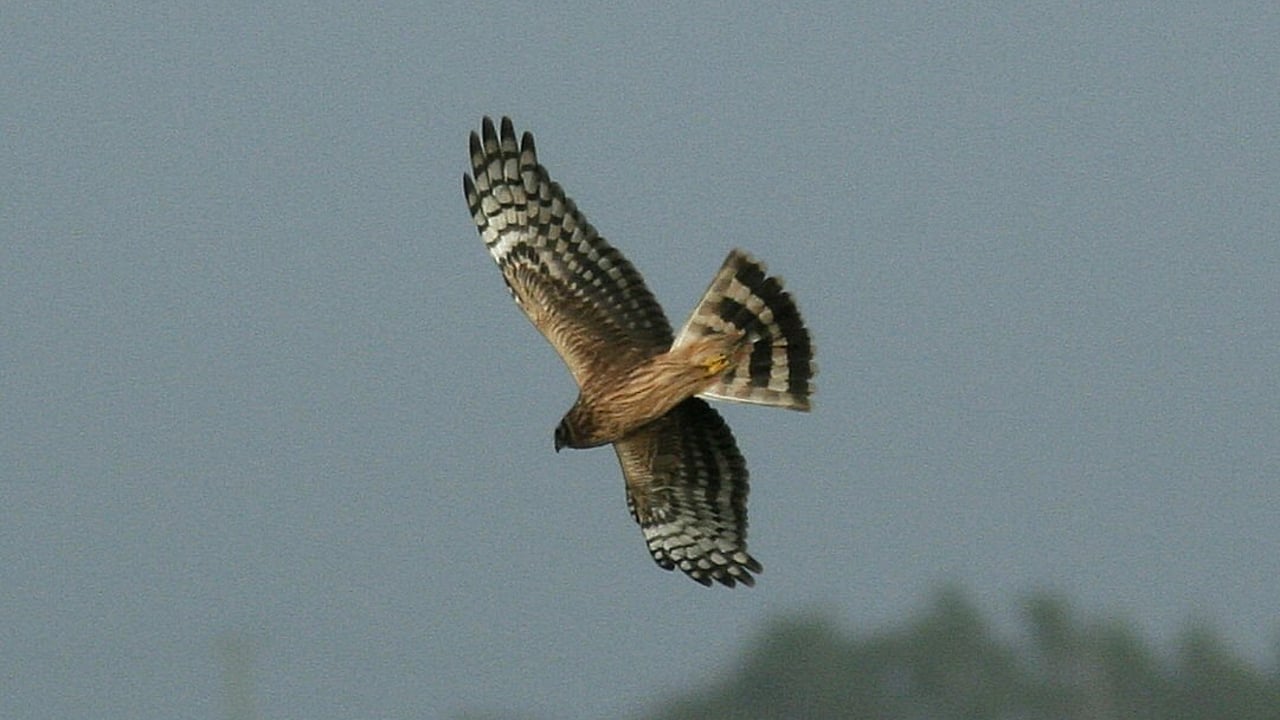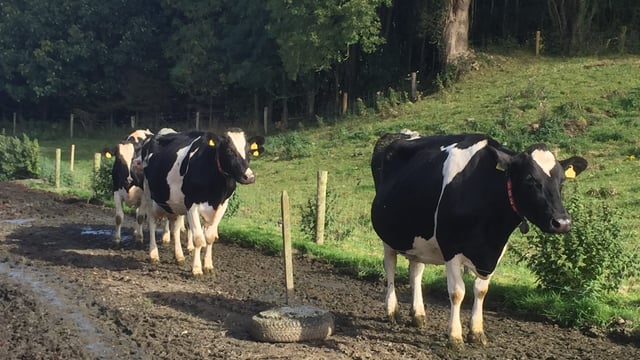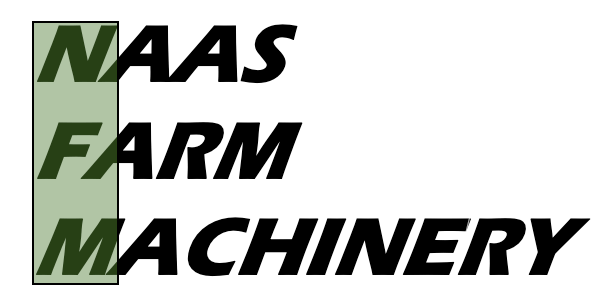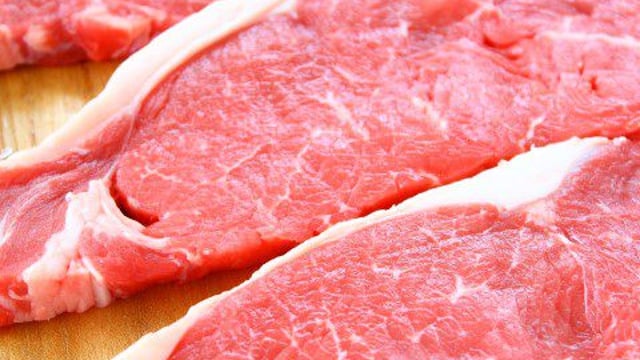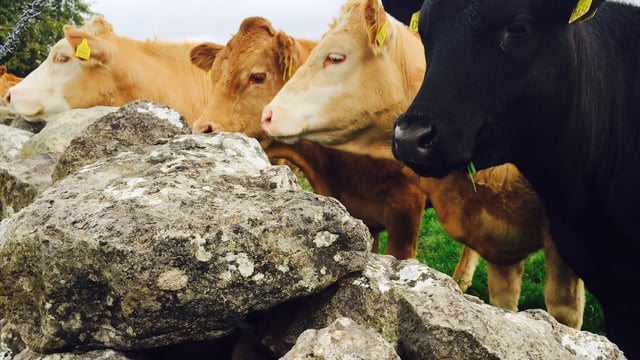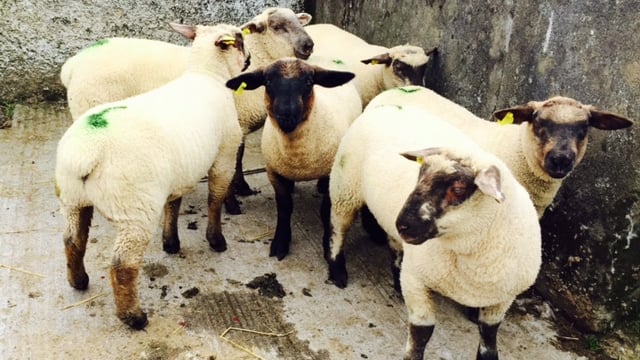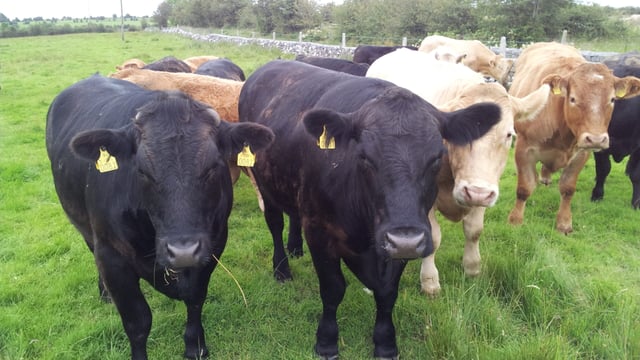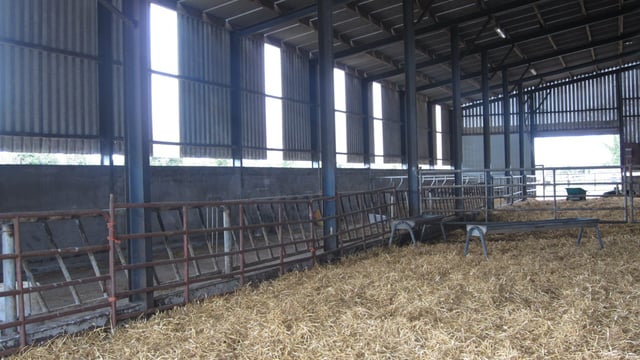Every Hen Harrier hectare must be compensated - ICSA
Every hectare covered by a Hen Harrier designation must be adequately compensated, ICSA Rural Development Chairman, Billy Gray has said.
According to Gray, the current option available to farmers under GLAS is “woefully inadequate”.
He added that the potential for locally led hen harrier schemes which is currently under examination is a positive move but he expressed concern that it may take too long to get locally led schemes in place.
“The locally led schemes, which are expected to mirror the Burren scheme, are still at a planning stage.
“The difficulty with the locally led scheme model is that the Hen Harrier designations are dispersed over several regions.
“Farmers with Hen Harrier designations in Laois have no prospect of being able to be part of the same scheme as farmers in Limerick or Cork.
Therefore several schemes are required and each scheme will need appropriate professional expertise to assist farmers in drafting plans.
“All of this is going to take time,” the Rural Development Chairman said.
“We believe that any scheme must get away from the pre-conceived dogma of outside experts and be designed based on the perspective of the affected farmers at a local level,” he said.
According to the ICSA, key issues include adequate payment for every hectare and an end to the blanket ban on afforestation.
Gray said that ICSA was working with the Department of Agriculture regarding the locally led schemes.
“We are prepared to give this process a chance but we are not accepting that this is the only solution.
“Nor are we accepting that hen harrier farmers can be left sitting for another few years as their treatment over the past few years has been nothing short of a disgrace. The time for fobbing them off is over,” he said.
Hen Harrier agriculture committee recommendations
A recent report by the Joint Committee on Agriculture, Food and the Marine aims to clarify the purpose and workings of the Hen Harrier Special Protection Area (SPA) designations and to identify the problems relating to their management.
Here are the six possible solutions it recommended:
